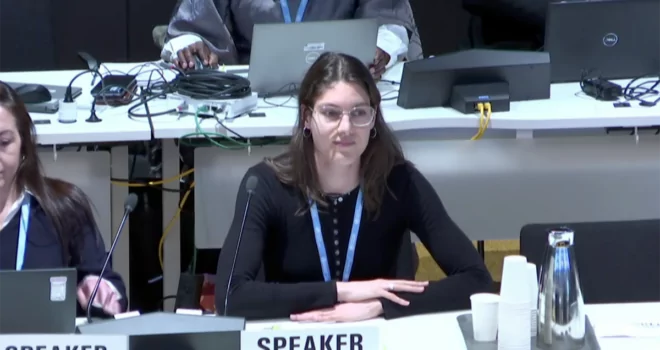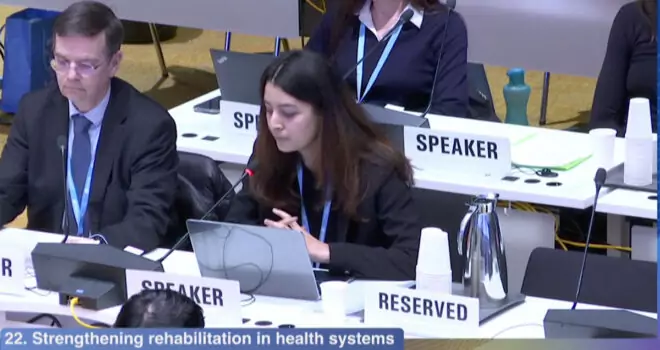The International Society of Nephrology (ISN), a member of the Global Coalition for Circulatory Health, held its biannual World Congress of Nephrology Forum in Melbourne – 12 to 15 April 2019. The ISN Global Kidney Policy Forum, held on the Friday 13 April, focused on the quality, sustainability and equity of access to kidney care across Asia and Pacific regions.
From the 12 Steps to Comprehensive Kidney Disease Management that were agreed at the Congress in Mexico City in 2017, which targeted patient, health providers, health system and research changes, the Policy Forum concentrated on the opportunities and challenges faced by member countries in preventing, diagnosing and managing kidney disease.
Representatives from Pacific Island countries, including Samoa, Fiji and New Caledonia presented their current experiences in managing kidney health.
The consistent theme from ‘low’ to ‘middle-incomed’ countries was the need to have accessible, affordable and effective primary health care services to increase the focus on prevention, with obesity, hypertension diabetes significant health issues across the region. Furthermore, the other common themes were the importance of managing kidney health with the existence of co-morbidities, and the important synergies with cardiovascular disease and diabetes.
Key directions from the Policy Forum for improving the management of kidney health was to re-focus from the provider to patient, hospital to patient and to seek to develop innovative methods to deliver both primary and secondary care services to high risk patients, many faced by geographic challenges. A change to prevention and care would need to extend to focus on risk factor management, in particular, the three areas of obesity, hypertension and diabetes.
The results from the second edition of the Global Kidney Health Atlas (GKHA) were presented at the Policy Forum. Based on survey results of 160 members (covering 98% of the world’s population), the GKHA provides a comparative analysis and data synthesis about the trends on the burden of kidney disease and its consequences worldwide. It raises awareness about the cause of kidney disease, identifying gaps modelled on the Universal Health Coverage domains and builds the foundation for a global kidney health care surveillance network. The second edition of the GKHA revealed significant issues globally, including inequities in accessing treatment, the lack of specialised health providers, variations in care, and health system shortfalls, lack of quality indicators and funding of prevention and care services.


